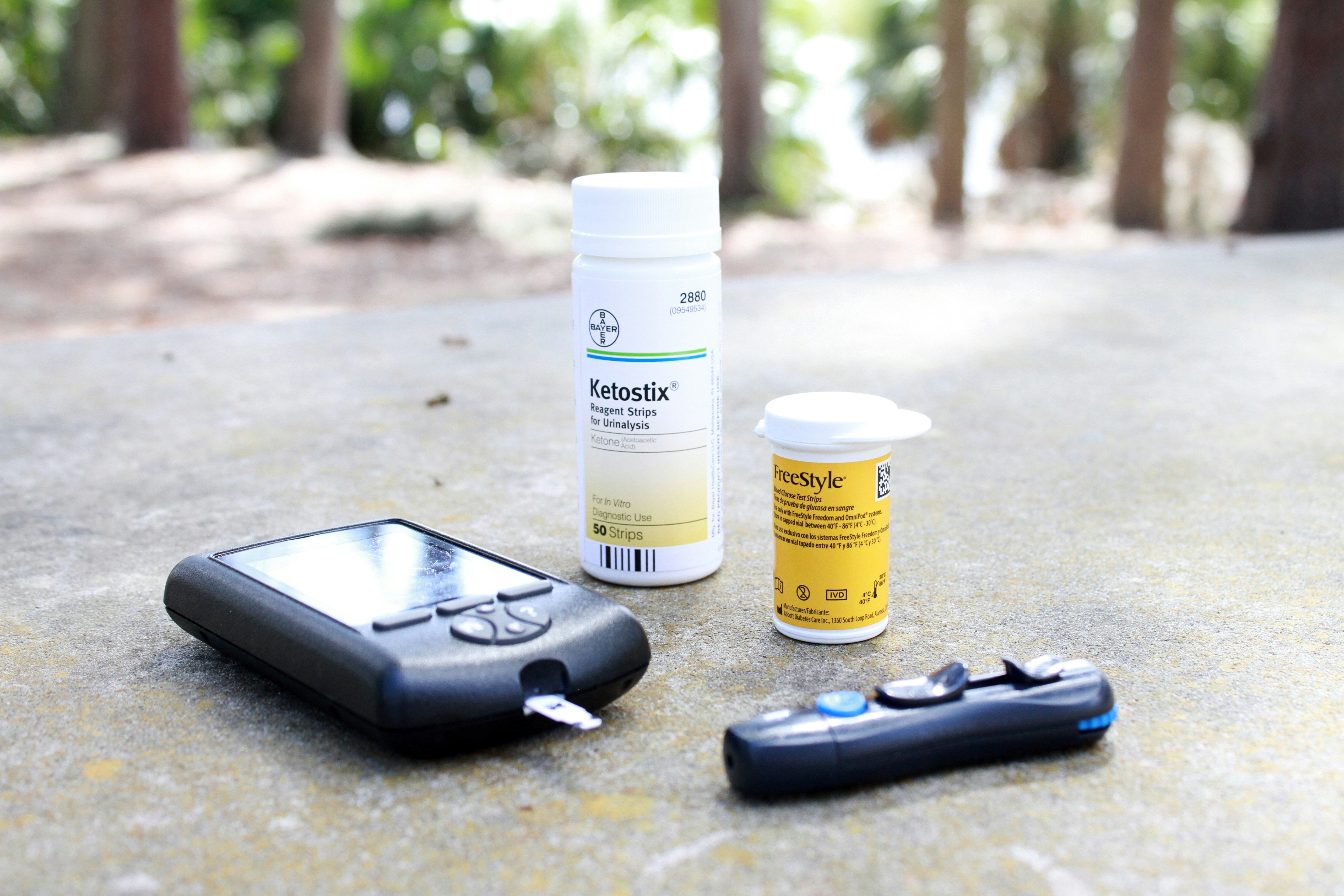Unpacking the Significance of the Bido Assessment in Modern Testing Protocols
March 31, 2025 | by yakobians.sevak@gmail.com
 Photo by Mykenzie Johnson on Unsplash
Photo by Mykenzie Johnson on Unsplash The Bido Assessment: Framework and Core Principles
The Bido assessment stands as a pivotal innovation in the landscape of modern testing protocols, designed to provide a robust framework for evaluating cognitive and behavioral attributes across diverse populations. Conceived from a need to establish a more reliable and valid testing methodology, the framework of the Bido assessment hinges on several core principles that ensure consistency and precision in testing. Central to this assessment is the integration of empirical methodologies, which facilitate the measurement of key variables such as problem-solving abilities, interpersonal skills, and adaptability in complex scenarios.
One of the primary objectives of the Bido assessment is to offer a standardized testing environment that promotes fairness and objectivity. This is especially crucial in educational and professional settings where the implications of test results can significantly impact an individual’s trajectory. By utilizing controlled conditions, the Bido test aims to minimize external factors that may influence performance, thereby enhancing the reliability of the results. Standardization is a cornerstone principle, as it ensures that scores from the Bido assessment are comparable across different demographics and contexts, contributing to a more comprehensive understanding of an individual’s capabilities.
Furthermore, the Bido assessment aligns with existing testing methodologies, incorporating best practices from traditional assessments while also innovating new approaches. By harmonizing established protocols with its unique framework, the Bido test not only bolsters validity but also increases acceptance among educators and practitioners. Additionally, its adaptability allows for customization to accommodate various populations, thereby reinforcing the importance of inclusivity in testing. In summary, the Bido assessment’s framework and core principles are designed to revolutionize the evaluation process, ultimately fostering a more informed approach to understanding human potential.
Practical Applications and Case Studies of the Bido Assessment
The Bido assessment has been increasingly recognized for its versatility and effectiveness across various sectors. Numerous organizations have begun to incorporate this testing protocol into their operational frameworks, yielding significant benefits. In the healthcare industry, for instance, a mid-sized hospital integrated the Bido assessment into its patient evaluation process. By utilizing this assessment, the healthcare provider was able to enhance diagnostic accuracy, aligning treatment plans more closely with individual patient profiles. This led to a noticeable improvement in patient outcomes and satisfaction rates, illustrating the Bido assessment’s practical application in delineating health trajectories.
Another pertinent case can be found in the corporate sector, where a technology firm employed the Bido assessment to refine its employee training programs. By assessing the critical skills and knowledge areas of its workforce, management identified specific training gaps. The implementation of targeted training interventions resulted in a measurable increase in employee performance, demonstrating that the Bido assessment can effectively inform training strategies, directly contributing to organizational growth.
However, the integration of the Bido assessment is not without its challenges. Some organizations may face resistance to change or may underestimate the preparatory work needed for effective implementation. To mitigate these obstacles, it is essential for companies to foster a culture of openness and continuous improvement. Providing training to staff on the Bido assessment before its implementation can yield smoother transitions and better acceptance. Furthermore, maintaining a feedback loop allows organizations to adapt and refine their use of the Bido assessment, ensuring sustained effectiveness and alignment with organizational goals.
In summary, the Bido assessment has demonstrated its capacity to enhance testing protocols across diverse industries through practical applications and successful case studies. Addressing potential challenges and optimizing the implementation process are crucial steps that organizations should consider to fully leverage the benefits of this assessment tool.
RELATED POSTS
View all


